
But nobody has ever addressed him as a sportsman, although one chapter in the Bengali book Sahasya Vivekananda (Smiling Vivekananda) has been devoted by its author, Dr. Sankariprasad Basu, to Swamiji's sports, fitness, and recreational activities in land, air, and water. In that chapter, the author portrayed Swamiji as "A man of the open fields" and described most of his miscellaneous sporting or entertainment-related outdoor, or indoor, activities from the perspectives of enjoyment, amusement, or light-hearted pleasure, as the name of the book suggests.¹
This article, based on various references, including Sankariprasad Basu's book and Mahendranath Datta's reminiscences, focuses directly on Swamiji's all-round athletic persona since his childhood, accepting the body as a temple, thus giving importance to strength and physical fitness, which, in turn helps in developing one's mind. Following this train of thought Swamiji advised his audience, which might sound sacrilegious at first, but he made the hidden meaning clear: "First of all, our young men must be strong. Religion will come afterwards. Be strong, my young friends; that is my advice to you. You will be nearer to Heaven through football than through the study of the Gita. These are bold words; but I have to say them, for I love you. I know where the shoe pinches. I have gained a little experience. You will understand the Gita better with your biceps, your muscles, a little stronger. You will understand the mighty genius and the mighty strength of Krishna better with a little of strong blood in you. You will understand the Upanishads better and the glory of the Atman when your body stands firm upon your feet, and you feel yourselves as men.”2
Esta historia es de la edición October 2022 de The Vedanta Kesari.
Comience su prueba gratuita de Magzter GOLD de 7 días para acceder a miles de historias premium seleccionadas y a más de 9,000 revistas y periódicos.
Ya eres suscriptor ? Conectar
Esta historia es de la edición October 2022 de The Vedanta Kesari.
Comience su prueba gratuita de Magzter GOLD de 7 días para acceder a miles de historias premium seleccionadas y a más de 9,000 revistas y periódicos.
Ya eres suscriptor? Conectar

Panchakroshi Parikrama of Varanasi
At the snow-capped Kailas, the Divine Lord Shiva was seated with Mother Parvati.
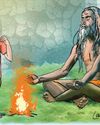
Gadai and the Monks
A fictional narrative based on incidents from the childhood of Sri Ramakrishna.
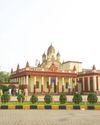
Chintayo momo maanosho Hori...
Sri Ramakrishna loved songs. There probably was no normal day when he did not sing some songs.
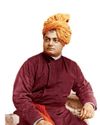
The Vedanta Vaccine
The world is still struggling under the impact of the pandemic due to Covid-19 for the last three years.
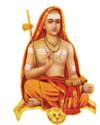
Chandrakirti's Chariot: Self in Madhyamaka Buddhism and Advaita Vedanta
The goal in Advaita Vedanta is the cessation of suffering and the attainment of true fulfillment. Suffering, according to this school, is due to ignorance of the true nature of the self and consequent erroneous identification with the body-mind.
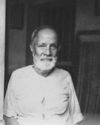
Reminiscences of Sargachhi
Question: यद्यदाचरतत श्रेष्ठसतत्तदरेवरेतरो जनिः। ‘Whatever a superior person does, others do the same thing!’ (Gita 3:21) – What does this statement mean?
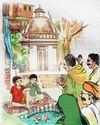
THE AUTUMN FESTIVAL
A fictional narrative based on incidents from the childhood of Sri Ramakrishna.
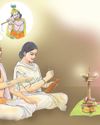
Bards of Guruvayur: Vilwamangalam II
Saints of India
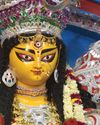
In the Universal Mother’s Divine Playground
Swami Vivekananda never taught the worship of Mother Kali. In a letter to Mary Hale he writes, “Kali worship is not a necessary step in any religion.
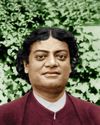
Swami Vivekananda: A Sportsman Par Excellence
In various books and articles, Swami Vivekananda has been called a spiritual leader, a prophet, a patriot, a social reformer, a philosopher, a yogi, a writer, an orator, an educationist, a musician, and so on.